Napster is owned by Infinite Reality, the company behind Rogue
In June 2025, a few days after its entry into the LEC was made official, Natus Vincere announced a major partnership with a relatively unknown name in the ecosystem: Napster. But this new sponsor doesn't exactly come out of nowhere. Since last March, the platform has been owned by Infinite Reality (IR), a well-known, oft-derided name in esports — and the owners of Rogue.
A Forbes report published in April painted Infinite Reality as fanfare without substance — an overvalued, glitzy organization with no tangible assets beyond its publicity. More troubling, the article raised serious concerns about the Infinite Reality's leadership and the truth behind their experience.
This partnership, which places Napster at the heart of a beloved Ukrainian organization, also marks the continuity of Infinite Reality in esports, integrating its new music streaming asset as currency in the deal with NAVI. Infinite Reality's decisions raise questions about the true nature of their commitment: Was this deal a long-term esports-focused strategy, or simply a showcase to promote Napster, which is still undergoing reconstruction?
A long and turbulent journey
Infinite Reality made its debut in the industry in April 2022. It announced the acquisition of ReKTGlobal, then the parent company of Rogue, for an estimated $470 million. It is important to note that this deal was carried out exclusively in shares. For IR, which now had a foothold in the LEC, this acquisition was aimed at becoming a central player in the convergence between esports and the metaverse.
A few months later, this strategy began to take shape through a high-profile merger between ReKTGlobal and KOI, the organization co-founded by streamer Ibai Llanos and footballer Gerard Piqué. One of Infinite Reality's ambitions at the time was to approach Kosmos Holding, which brings together the joint activities of Ibai and Piqué — Kosmos unites their projects across esports, the Kings League, and audiovisual production.
Thanks to this deal, KOI continued its rise and took over Rogue's LEC slot. The project promised unprecedented synergy — it made KOI a European showcase for immersive esports while capitalizing on Ibai's popularity and Rogue's proven competitive infrastructure. But the marriage was short-lived. Less than a year after the merger, the project ended in a resounding strategic failure: in November 2023, the divorce was officially finalized, having failed to meet the announced financial objectives. Ibai was forced to invest personally to cover several million euros in unpaid debts.
KOI then regained its independence and moved towards a merger with OverActive Media (owner of MAD Lions), while the Rogue name made a discreet but significant comeback in the LEC. This sudden, highly publicized breakup left an impression of strategic amateurism and tarnished Infinite Reality's credibility in European esports, giving the image of a player more attracted to marketing and speculative valuation than to a real structural commitment to the competitive ecosystem.
Infinite Reality: A Financial Mirage
Infinite Reality, however, stayed the course and announced at the end of 2024 that it had raised $3 billion in a private round of financing from a single anonymous investor — Infinite Reality had originally named Sterling Select as the investor, but this information was denied by Sterling's lawyer. The company was internally valued, at the time, at an unbelievable $12 billion to $15.5 billion, according to sources cited by Forbes in an article published in late April.
This colossal valuation was all the more surprising given that the company's revenues in 2024 are estimated to be only $75 million — a valuation multiple this staggering (over 200) is well above the standards of even the most innovative technology companies.
By way of comparison, Forbes points out that AI giants such as OpenAI and Anthropic are valued at between 20 and 50 times their revenues. Infinite Reality's positioning, therefore, appears particularly speculative. This discrepancy fueled doubts about the group's real financial strength and reinforced the criticism that its strategy is based more on publicity stunts and a series of acquisitions than on controlled organic growth.
In the end, this strategy likely masks a lack of real profitability with artificial growth that isn't supported by any robust business model.
To reinforce the suspicions, and again according to Forbes, several of the company's partners and acquisition targets, such as Drone Racing League and intermediary companies, have reported unpaid bills or unfulfilled financial commitments. Several legal proceedings are reportedly underway concerning contractual disputes. In particular, the group has reportedly failed to pay $7 million in termination fees related to an aborted SPAC project, attracting the attention of the Securities and Exchange Commission (SEC), the US stock market regulator.
Even more troubling, as revealed by Forbes, Infinite Reality founder and CEO John Acunto allegedly claimed to have studied at Harvard and the University of Florida — but both institutions have denied this. Finally, certain Infinite Reality web pages listing renowned investors, advisors, and partners have suddenly been removed or password-protected, further obscuring the company's actual structure.
Visionary player, or opportunistic predator?
Behind the billions raised and the publicity stunts, Infinite Reality continues to inspire as much fascination as mistrust. Under the leadership of John Acunto, an entrepreneur whose falsified resume and opaque methods have been documented by Forbes, the company seems to function more as a valuation machine than as a structure built on solid foundations.
The partnership with NAVI, through Napster, is part of this logic: a visibility operation, calibrated to restore legitimacy to a technological asset with no real foothold in esports. Napster now has around three million active users, compared to several dozen million at its peak — a publicity stunt, then, is sensible.
So far, Infinite Reality has left behind a number of unfinished or unstable projects — KOI, Drone Racing League, Touchcast, and Rogue among them. All held out hope for a promising future, but all ended in hasty withdrawals. The Acunto model raises questions: Is he a visionary ahead of his time or a speculative operator, simply using esports as a storytelling lever to attract capital?
Header Photo Credit: Infinite Reality/NAVI

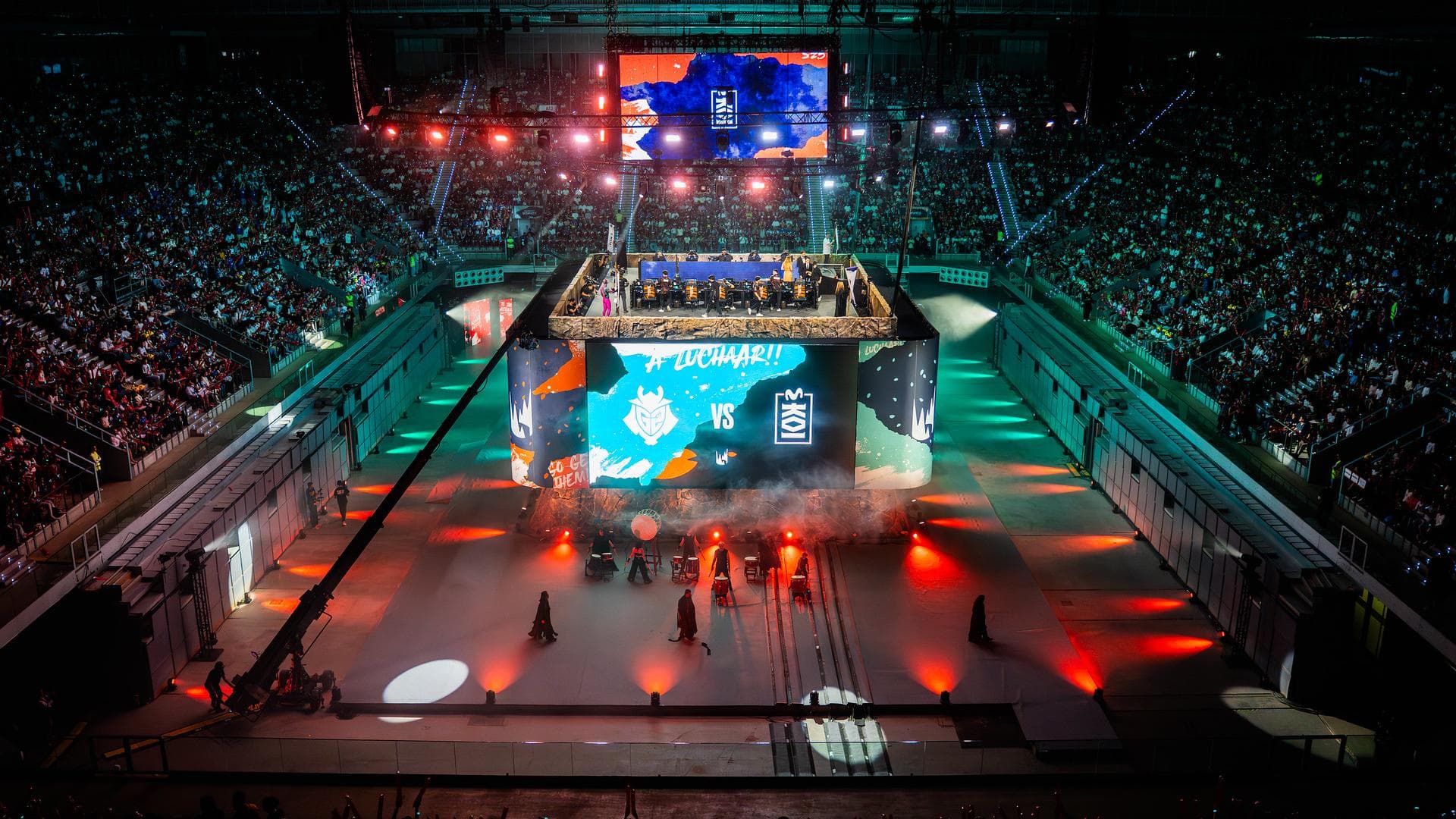

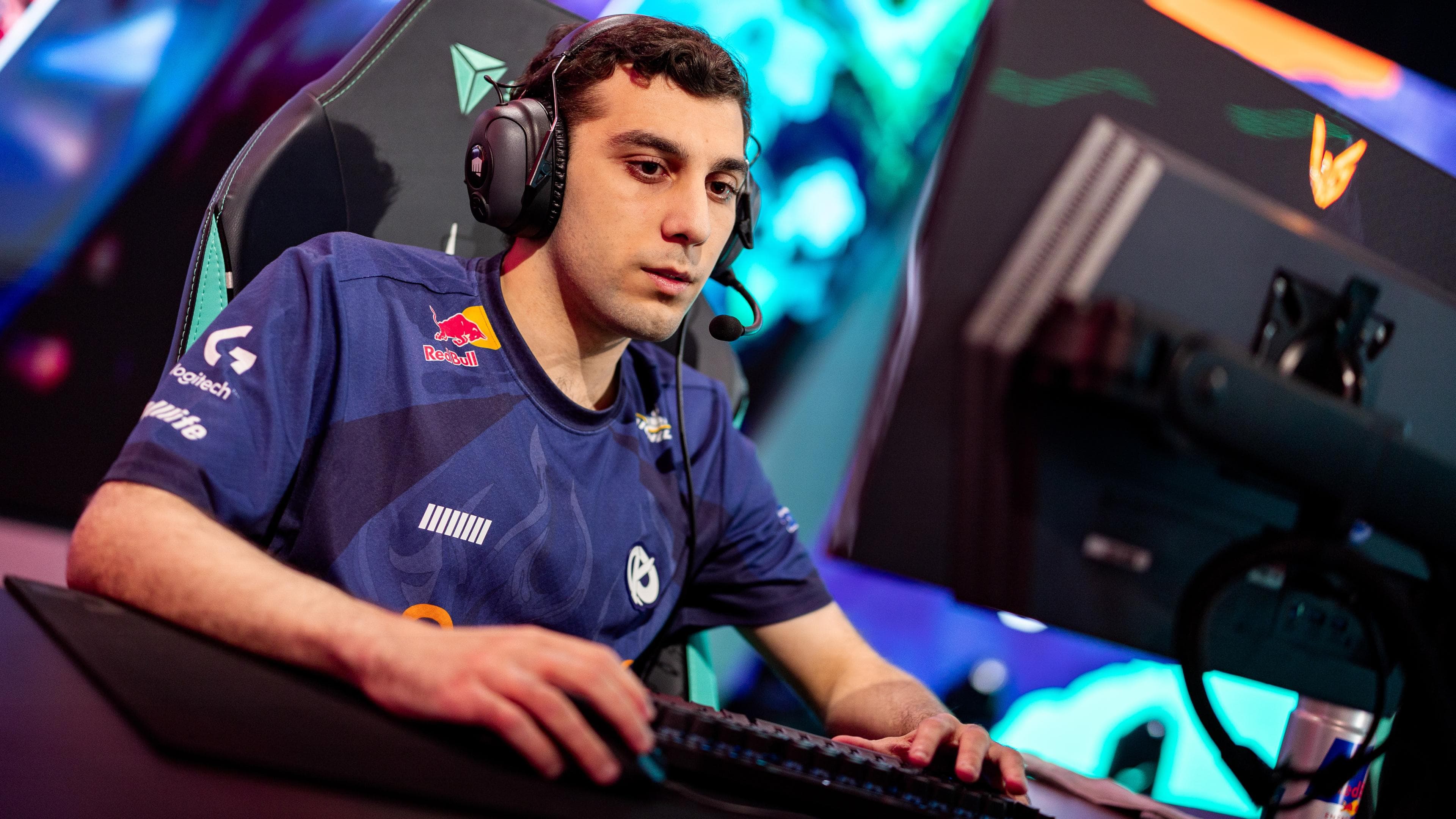
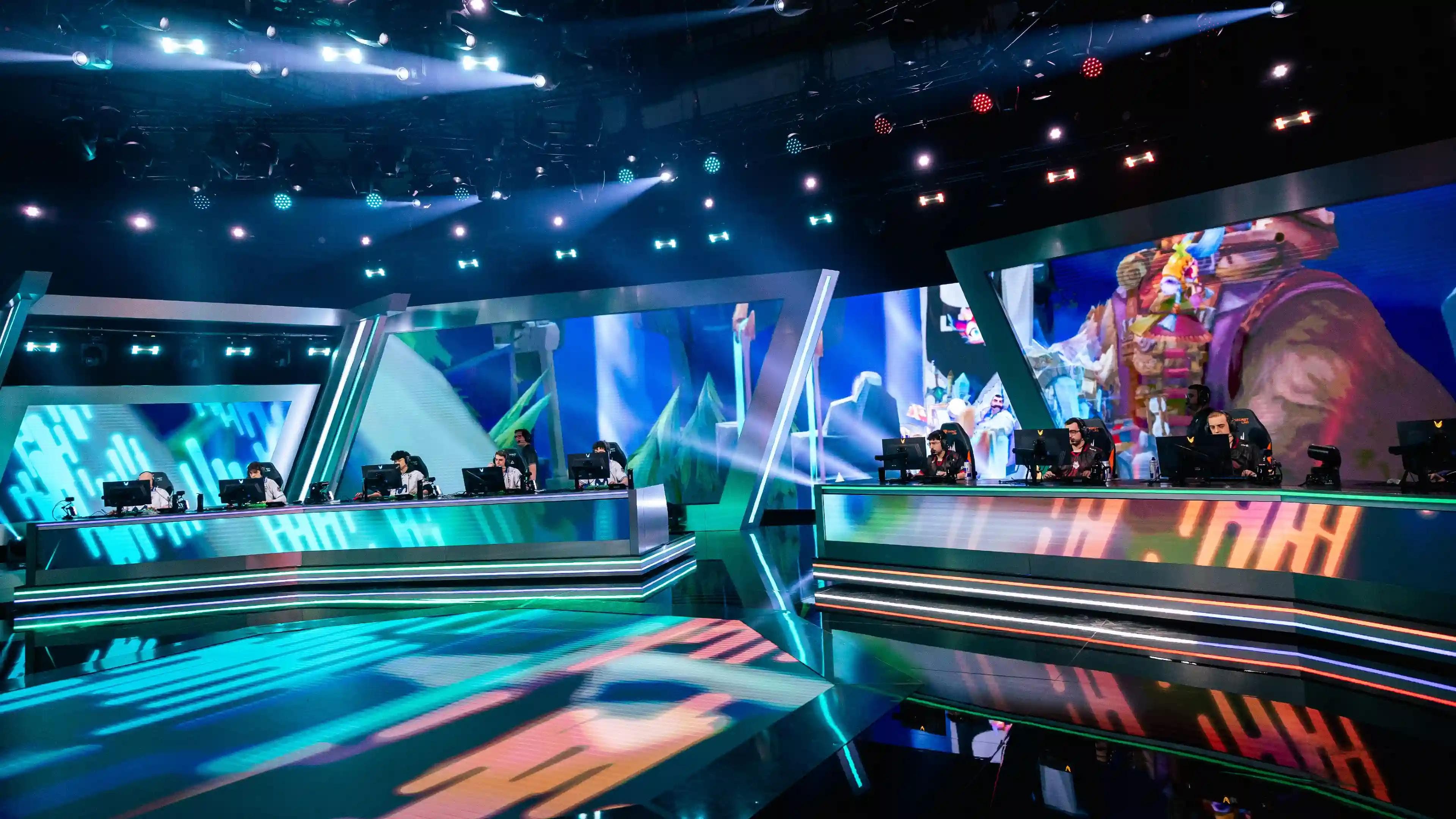
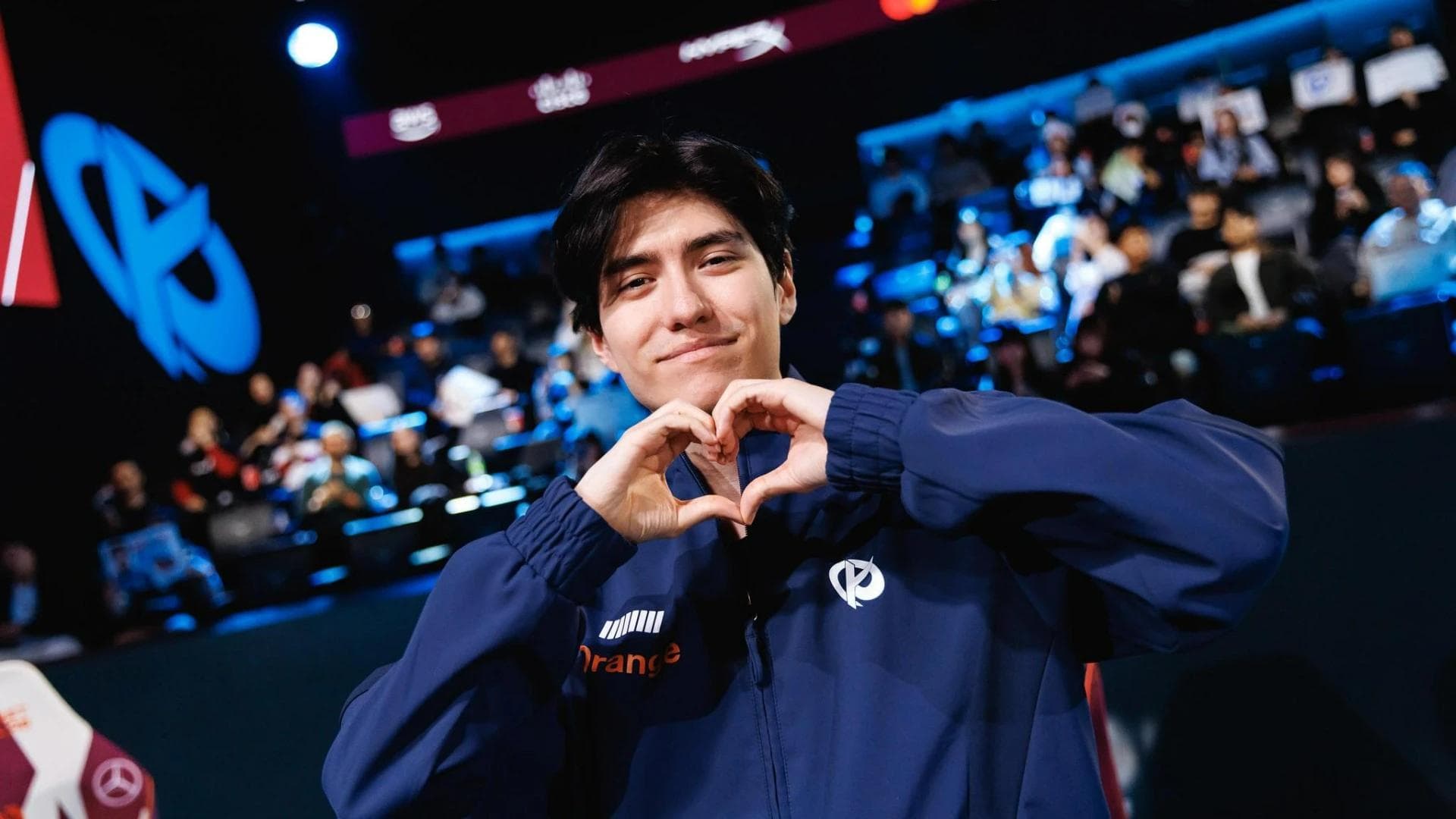
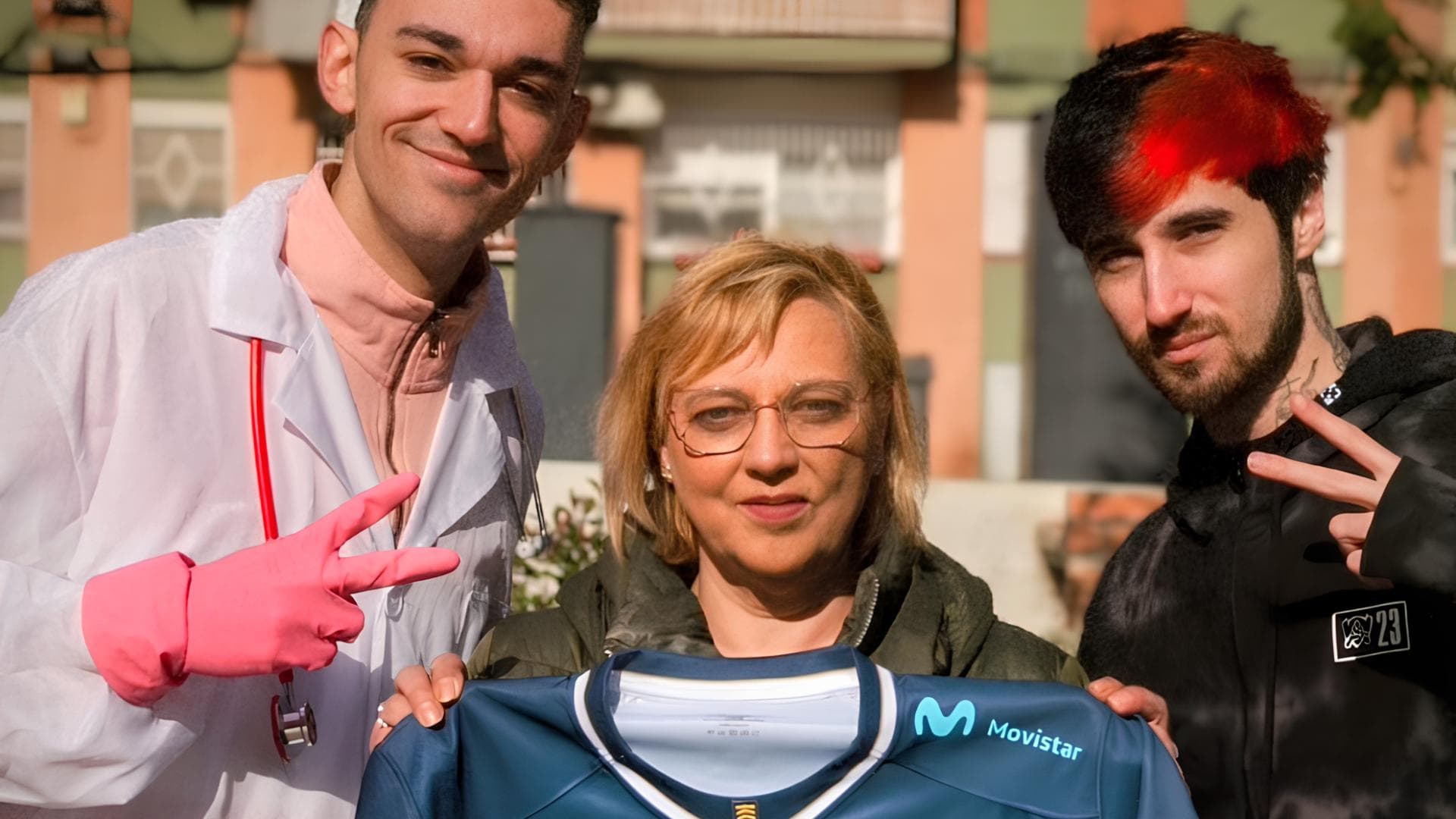

/Comments
Write a comment